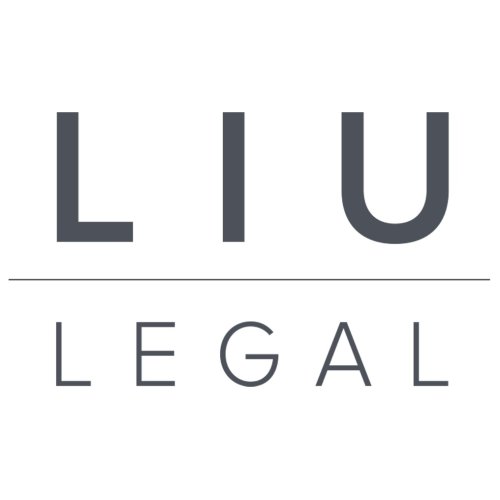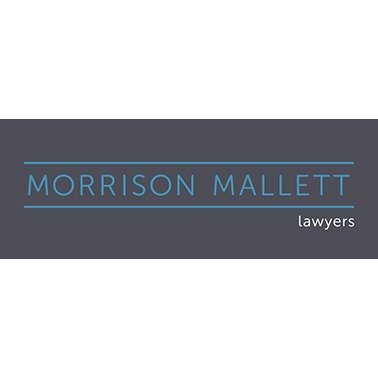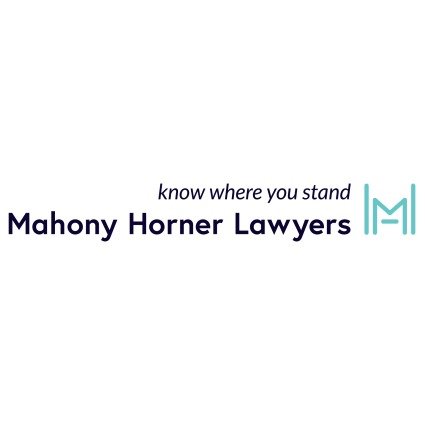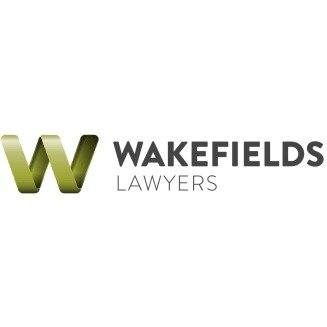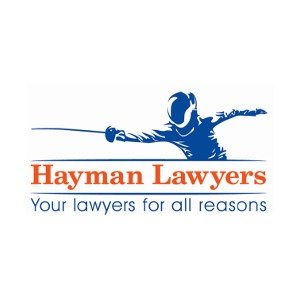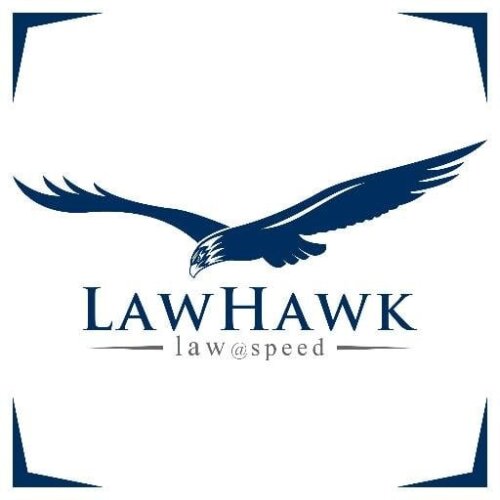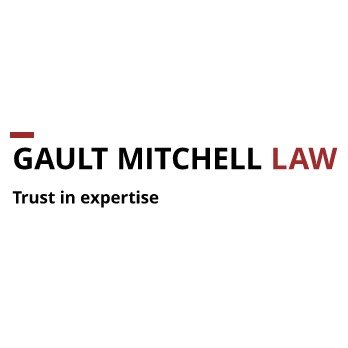Best Merger & Acquisition Lawyers in Wellington
Share your needs with us, get contacted by law firms.
Free. Takes 2 min.
List of the best lawyers in Wellington, New Zealand
About Merger & Acquisition Law in Wellington, New Zealand
Merger and Acquisition (M&A) law in Wellington, New Zealand involves the legal process of two companies combining (merger) or one company buying another (acquisition). New Zealand's M&A jurisdiction is largely defined by the Companies Act 1993, Takeovers Act 1993, and financial market conduct regulations. These laws and regulations seek to ensure fair dealing, transparency, and protection of all stakeholders involved, including creditors, shareholders, and directors.
Why You May Need a Lawyer
Though not a mandatory requirement, having a lawyer when dealing with M&As can be invaluable. Lawyers can offer professional guidance during negotiations, carefully review contracts to avoid later disputes, help you navigate complex laws and regulations to ensure every action is legal, and look out for potential risks and liabilities. You may particularly need a lawyer if the M&A involves international elements or if the companies involved are very large, as these circumstances can significantly complicate the process.
Local Laws Overview
Under New Zealand's Companies Act 1993, a merger or acquisition often involves a share purchase, asset purchase or amalgamation. The Takeovers Code under the Takeovers Act 1993 applies only to companies listed on the NZX, or those with 50+ shareholders and 50+ share parcels. It is designed to ensure fairness and transparency in the acquisition of control over such companies. The Financial Markets Authority also regulates M&A activity to avoid insider trading and promote market integrity.
Frequently Asked Questions
1. Can a merger occur without all shareholders' approval?
Under the Companies Act 1993, all shareholders' approval is not mandatory unless stated in the company's constitution. However, in listed companies or large private companies, the Takeovers Code may require approval of more than 50% of shareholders.
2. What is due diligence in M&A?
Due diligence involves reviewing all financial records, legal documents, contractual obligations, intellectual properties, and other material factors of a business before confirming an M&A. It allows buyers to fully understand what they are getting into.
3. What happens if the acquisition contravenes the Commerce Act 1986?
A merger or acquisition that substantially lessens competition in a market may violate the Commerce Act 1986. Violations may result in penalties for the involved parties or in extreme cases, orders to divest the business.
4. Is an overseas acquisition by a New Zealand company subject to NZ law?
An overseas acquisition by a New Zealand company can attract the attention of the Overseas Investment Office (OIO). The OIO's permission is necessary if the investment involves significant business assets or sensitive land.
5. Can an M&A be cancelled after final agreements?
Once the final M&A agreements have been made, they are binding. Therefore, cancellation would typically require mutual agreement, unless a cancellation clause was included in the agreement.
Additional Resources
Additional resources to consider include the Financial Markets Authority (FMA) and the Commerce Commission, both of which regulate M&A activities. Other resources include organisations like the New Zealand Law Society and the Ministry of Business, Innovation and Employment.
Next Steps
If you need legal assistance with Mergers & Acquisitions in Wellington, New Zealand, it's often wise to engage a lawyer with expertise in the area. Additionally, consulting with government bodies, such as the Financial Markets Authority or the Commerce Commission, can also be helpful in understanding the regulatory landscape.
Lawzana helps you find the best lawyers and law firms in Wellington through a curated and pre-screened list of qualified legal professionals. Our platform offers rankings and detailed profiles of attorneys and law firms, allowing you to compare based on practice areas, including Merger & Acquisition, experience, and client feedback.
Each profile includes a description of the firm's areas of practice, client reviews, team members and partners, year of establishment, spoken languages, office locations, contact information, social media presence, and any published articles or resources. Most firms on our platform speak English and are experienced in both local and international legal matters.
Get a quote from top-rated law firms in Wellington, New Zealand — quickly, securely, and without unnecessary hassle.
Disclaimer:
The information provided on this page is for general informational purposes only and does not constitute legal advice. While we strive to ensure the accuracy and relevance of the content, legal information may change over time, and interpretations of the law can vary. You should always consult with a qualified legal professional for advice specific to your situation.
We disclaim all liability for actions taken or not taken based on the content of this page. If you believe any information is incorrect or outdated, please contact us, and we will review and update it where appropriate.



